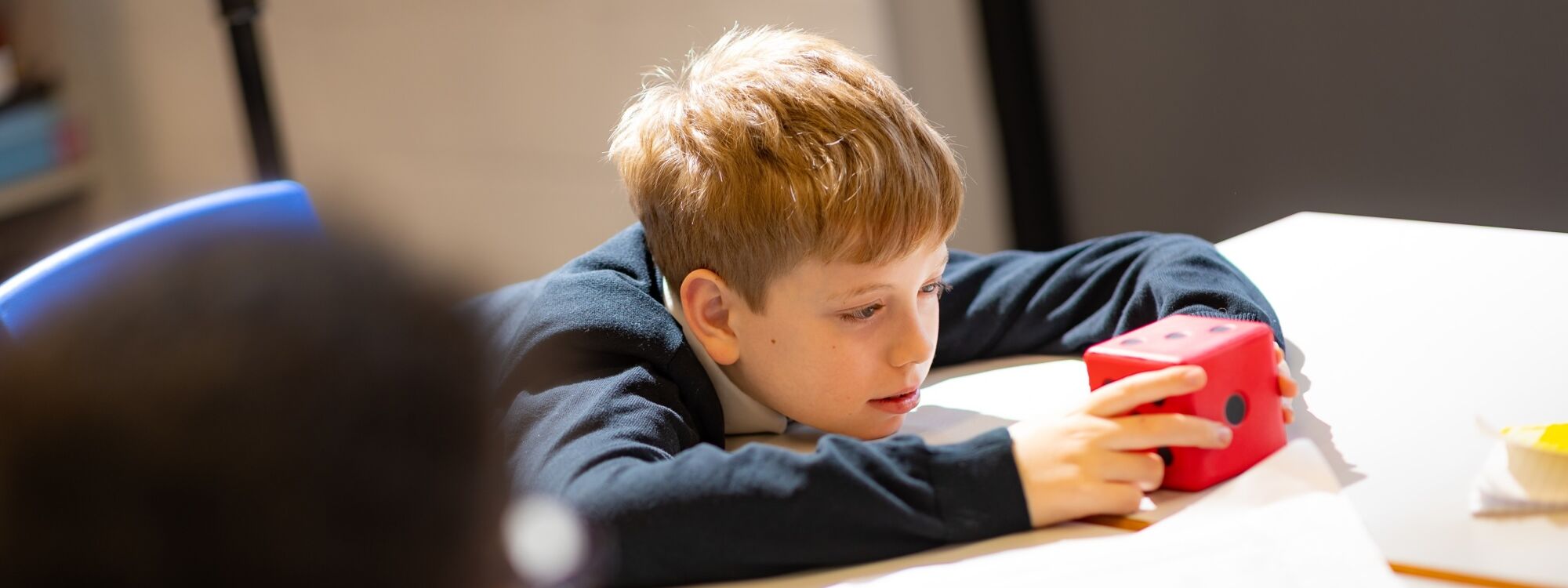
Early Years and Foundation Stage
Intent:
Our aim in the Early Years setting is for the holistic development of a child's social, emotional, cognitive and physical needs in order to build a solid and broad foundation for lifelong learning and well-being. We support our children to develop characteristics of effective learning as listed in Development Matters (DfE)
- Playing and exploring – children investigate and experience things, and ‘have a go’
- Active learning – children concentrate and keep on trying if they encounter difficulties, and enjoy achievements
- Creating and thinking critically – children have and develop their own ideas, make links between ideas, and develop strategies for doing things
Early childhood education provides the essential foundation for all future learning. We provide a socially and emotionally secure environment, with a less formal atmosphere, in which the children can learn successfully and play purposefully through exploration and experimentation. This will support their transition to the next stage of learning as they progress through the school.
Implementation:
All children in our nursery and reception classes follow a heavily differentiated Early Years Foundation Stage Curriculum and links with the Development Matters guidance. Staff reflect at the different ways our students develop and adjust our planning and practice to reflect this. We deliver this curriculum through a safe, stimulating environment, both indoors and outdoors. This curriculum has been developed with our mainstream partners, our LA Early Years advisory teacher and other SEND schools in the borough.
Areas to be covered in EYFS Curriculum:
3 Prime areas
- PSHE - Self Confidence and Self Awareness Managing Feelings and Behaviour Making Relationships.
- Knowing who you are, where you fit in and feeling good about yourself
- Communication - Listening and Attention, Understanding, Speaking
- An individualised process for receiving and expressing needs, wants and information
- Physical - Moving and Handling Health and Self Care
- Development of gross and fine motor skills, understanding and care of their own body
4 Specific Areas
- Literacy - Reading and Writing
- Pre-phonics, shared and independent exploration of text, early mark-making
- Maths - Number, Shape Space and Measure
- Introduce number and numeracy to develop skills such as problem solving, understanding and using shapes and measure such as weight, time and distance
- Understanding the W - People and Communities (RE, History), The World (Geography, Science) and Technology (IT)
- To make sense of their physical world and their community through opportunities to explore, observe and find out about people, places, technology, and the environment.
- Expressive Art and Design - Exploring and using materials and media (DT, Art) and Being Imaginative (Music, drama, role play)
- Develop artistic and cultural awareness to support their imagination, creativity and self expression
Impact:
The impact of our curriculum is
- Each child is equally valued and reaches their full potential.
- Each child develops their early learning interests, knowledge and skills
- Each child has a positive initial experience of education
- Each child is able to make and develop relationships with staff, their peers and others in the community.
- Each child to become inquisitive, independent, lifelong learners who show a continued interest in their education and progress.
This will be evidenced by evidence collected on Tapestry, observations, learning walks, reviewing pupils’ knowledge and skills, PSP targets; identifying meeting of related EHCP outcomes and close working relationships with parents, carers and outside agencies such as therapists and the medical team.